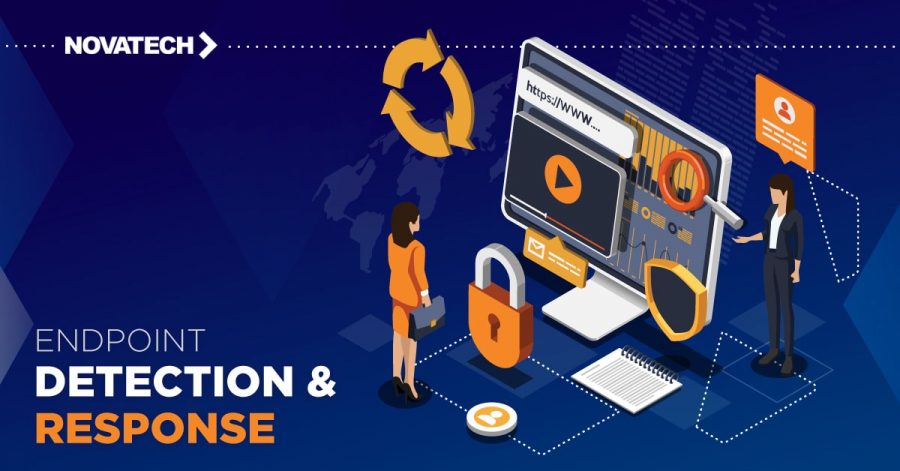5 Ways Data Protection Compliance Can Impact Your Organization
3 min read

Compliance with data protection regulations can be a complicated, heavy load to manage, especially for small to mid-sized businesses. For example, Verizon’s 2018 Payment Security Report, shows that, although improving, only 52% of companies meet full compliance with PCI-DSS.
In the last few years, we have seen regulations updated to reflect new technologies and ways of working. Issues like data privacy are now placed center stage by regulations like the General Data Protection Regulation (GDPR) with legal nuances and exacting requirements. Meeting compliance requirements is a full-time and ongoing job. Often, companies have to meet a mosaic of regulations too, including state, sector, and global, complicating the landscape even more. Using managed IT services that specialize in helping your company meet data protection compliance is a vital tool in the compliance armory of the SMB.
To steer you down the path of compliance, Novatech has pulled together five ways that data protection compliance impacts your organization.
Money: Fines for non-compliance with data protection regulations can be hefty. Under the GDPR, the largest fine is up to 4% of global revenue or $23 million, whichever is largest. Other data breach and non-compliance fines may not reach these figures, but they are still often tens of thousands of dollars. The World Economic Forum has stated that what was previously considered a large data breach a few years ago is now normal. The risks of a data breach cuts across companies of all sizes, and if you are breached you could end up with a large fine.
Data Handling: Data protection laws require you to look carefully at your cybersecurity, general security, and privacy when utilizing personal data and Protected Health Information (PHI). This can be complicated and involve various legal overtures. Your firm will need to have an understanding of data classification, audit, data privacy, and data security. This requires specialist skills. Managed IT service and support companies with compliance expertise help you meet regulatory requirements letting you focus on your core business.
Competition: In a report by an analyst firm, 85 percent of U.S. companies believe that the data protection law, GDPR, will make it harder for them to compete with European companies. The Ovum report also pointed out that data privacy regulations are not uniform across the world. The U.S., for example, has “unclear, varying laws” across different industries and states. The California Consumer Privacy Act (CCPA) is one such U.S., state-centric law which came into effect in 2018. How this law impacts organizations outside of California can be a complicating factor in a company’s choice of where to do business.
Using a managed IT service firm, like Novatech, with expertise in data protection compliance, including GDPR, CCPA, and industry-specific laws can ensure you are at your competitive best.
Skill costs: The changing technology landscape means that data protection compliance is also changing. Keeping up with new regulations and new laws is something that requires a high level of skill in the legal and technical aspects of compliance. Skills in the area of compliance cost money. The average salary of a compliance officer in the U.S. is $63,746 and can be as much as $155,000. Using an outsourced IT services company helps to bridge this cost.
Reputation damage: The 2017/18 Kroll Annual Global Fraud & Risk Report found that three-quarters of companies experienced damaged reputation due to fraud and cybersecurity incidents. Data protection regulations are designed to prevent data loss, which would otherwise result in company profile damage. Managed IT services and IT support help to get your compliance measures into a compliant state to help prevent data breaches.


